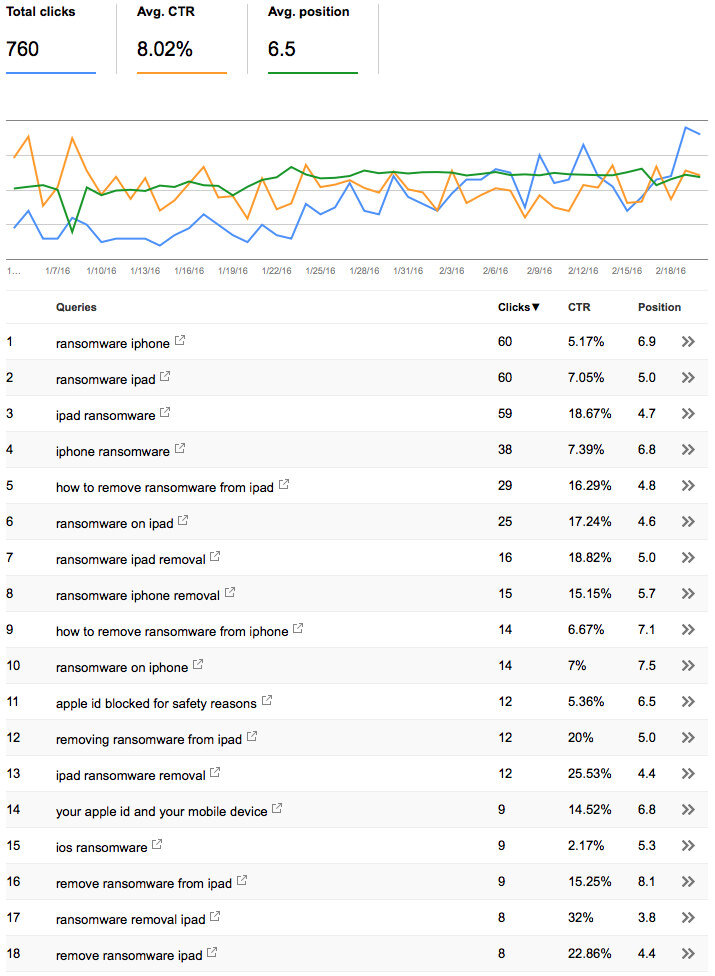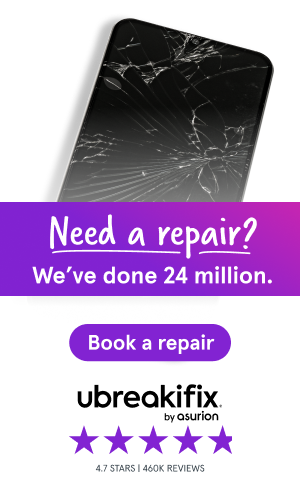JoyHawkins
Administrator
- Joined
- Aug 23, 2014
- Messages
- 5,475
- Solutions
- 70
- Reaction score
- 2,949
It's extremely common for me to be talking to a prospect and they'll say something like this:
"So my previous SEO company used to post blogs for me every month, will you guys be doing that?"
My answer is usually no. There are some exceptions. For example, I blog a lot and it works really great as a strategy because users actually follow my blog and read my articles. However, how many dentists are going to have their patients actually want to read 20 articles a year on how to make their teeth healthier? Probably not too many.
Patrick Stox wrote an article on this recently and I couldn't agree more with his points: Everything Should Not Be A Blog Post: Start Using Silos
Siloing content is exactly how I approach content for SEO for the majority of my clients.
"So my previous SEO company used to post blogs for me every month, will you guys be doing that?"
My answer is usually no. There are some exceptions. For example, I blog a lot and it works really great as a strategy because users actually follow my blog and read my articles. However, how many dentists are going to have their patients actually want to read 20 articles a year on how to make their teeth healthier? Probably not too many.
Patrick Stox wrote an article on this recently and I couldn't agree more with his points: Everything Should Not Be A Blog Post: Start Using Silos
Siloing content is exactly how I approach content for SEO for the majority of my clients.






